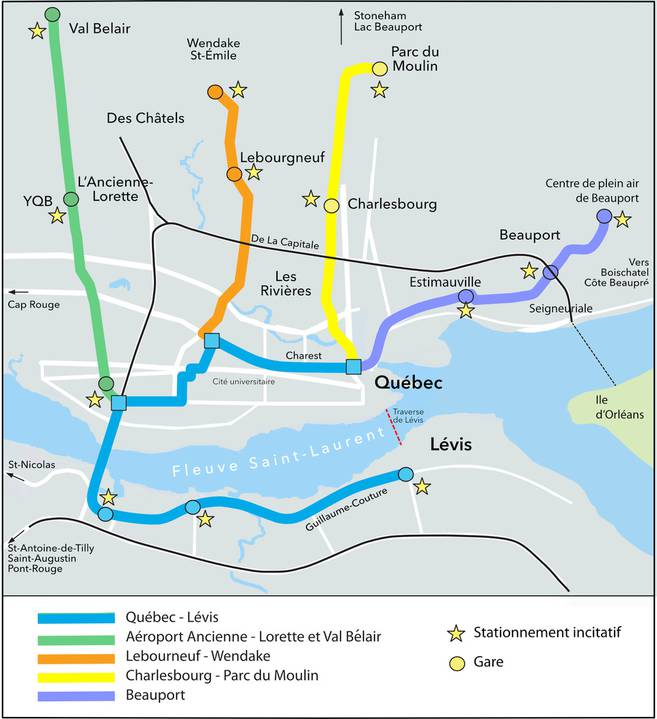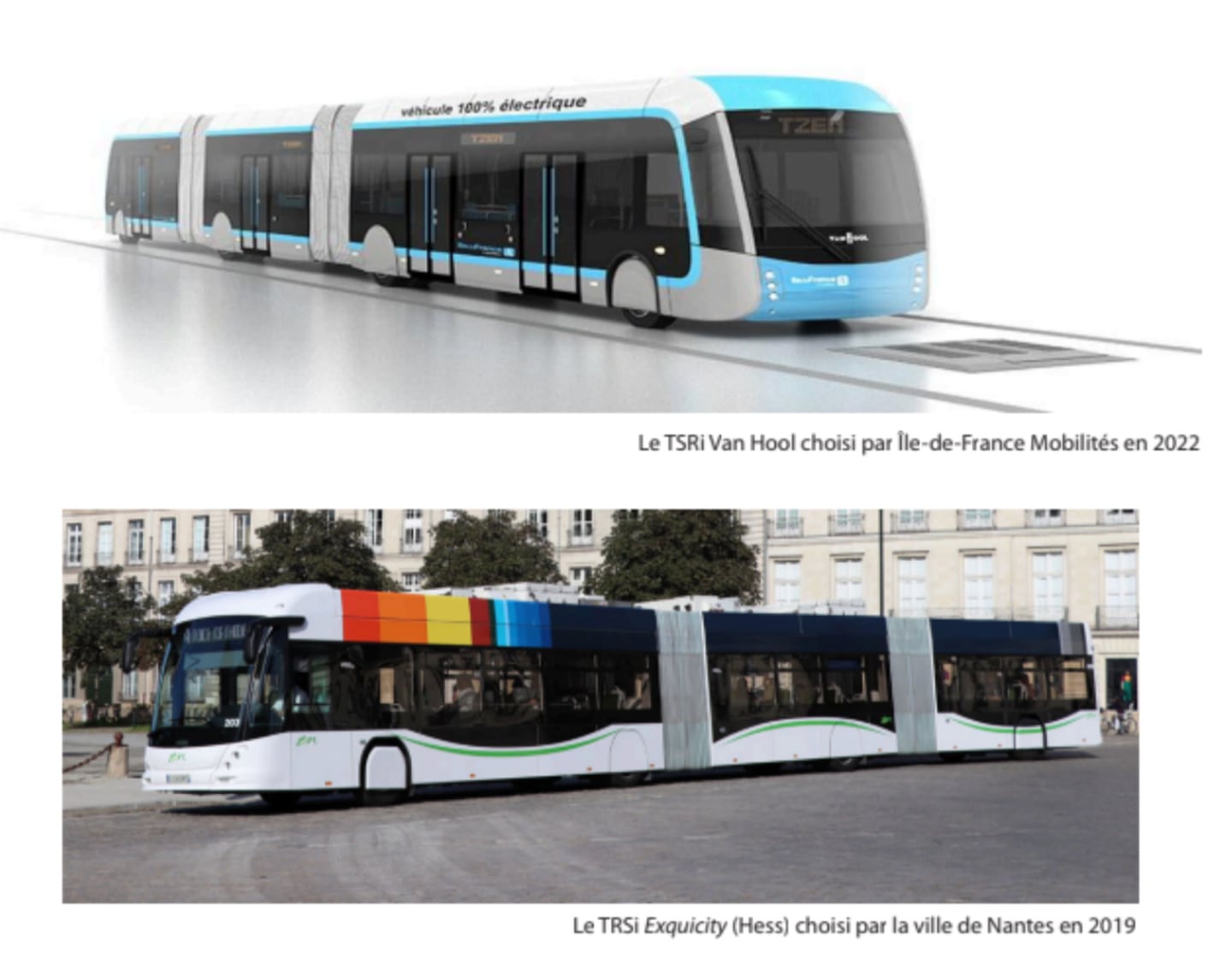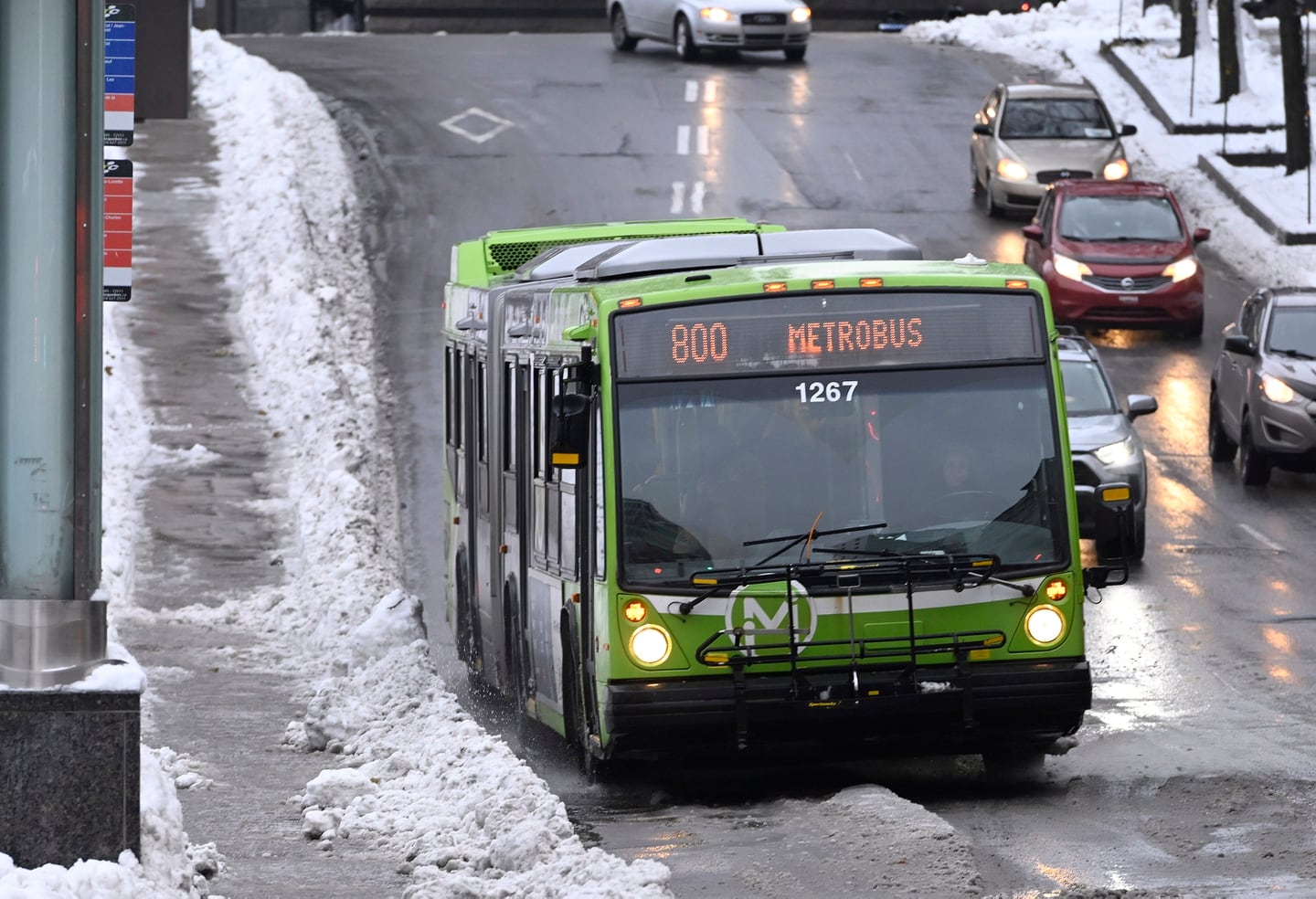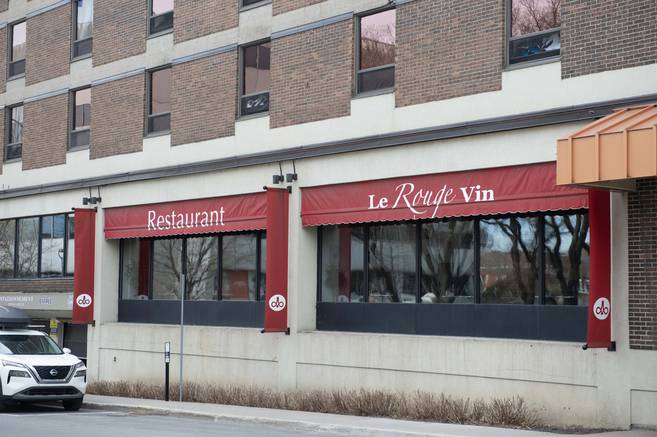
At a meeting Monday with CDPQ Infra, commissioned by the Quebec government to find the best structural public transportation project for Quebec, they presented an analysis of the three smart trackless tramways. An alternative to the traditional tram, they consider “integrated, comfortable, reliable, accessible, economical”.
The thirty-page report was signed by Denis Poussart, professor of Laval University and fellow of the Canadian Academy of Engineering, Clément Gosselin, full professor of Laval University and fellow of the Royal Society of Canada, and Martin Ouellet, head of Climat Quebec and. An engineer by training.
Ms. Ouellet has been promoting an intelligent trackless tram for Quebec for more than a year. She sat down with lawyer Guy Bertrand, then a “cutting edge” technology project estimated at 1.5 billion last November.
In a more in-depth analysis presented to CDPQ Infra on Monday, the three experts now propose a project worth “at most” 5 billion.
With a length of 74 kilometers and 13 stations and several incentive parking lots, it is possible to reach Beauport, Charlesbourg, Lebourgneuf, Wendake, Val-Belaire and L'Ancienne-Lorette through the network airport. The central route connects Lévis via the Quebec Bridge to Parliament Hill, taking Guillaume-Couture, Charest and Laurier boulevards, and passing through Cité-Université.
A service almost 4 times more extensive than the tramway project undertaken by the Marchand administration, they asserted.
Prior to its suspension by the Quebec government, the city was working on an east-west tramway network of more than 19.3 kilometres, valued at 8.4 billion.
Jump into “modernity”.
To enter a “new era in public transportation,” Quebec must jump on the “modernization” train, they argue.
“Traditional Tram is like VHS.”
– Martin Ouellet, head of Climate Quebec
His colleague, Clement Gosselin, a professor of mechanical engineering who specializes in artificial intelligence, believes an intelligent trackless tramway would be a “huge breakthrough” for the capital.
“The traditional tramway is a 20th century technology. A trackless tram is a 21st century technology. Why don't we go straight to it? We have an opportunity to leave with a clean slate in Quebec,” he defended.
Unlike the rail tramway, which was “chosen despite BAPE's opposing opinion and lack of social acceptability”, their suggested alternative would travel on existing reserved lanes and be powered by batteries.

The latter, the three experts stated in their report, combines the convenience of the tramway and the convenience of the bus by eliminating the respective drawbacks of these two modes, namely “solid and deep infrastructure with a permanent concrete base” and limited capacity. .
It was, they summed up, a tramway “liberated” from its rails and catenaries.
“No concrete, no rails, no wires and no cutting down of trees,” they boasted in unison.
Also known as Trambus, intelligent trackless tramways have been installed in other cities around the world in China, Australia and Europe, most notably Nantes.
Quebec, even for a “difficult” city
Denis Poussart, a retired professor of electrical engineering who specializes in artificial intelligence, promises that in a city like Quebec, where technological challenges abound, an intelligent trackless tramway could be a step forward.
“Quebec City is very difficult. I can't think of any other city in the world that is as difficult.
– Denis Poussart, Professor Emeritus of Laval University and Fellow of the Canadian Academy of Engineering
He cites the slopes, the “dreadful” winter, the narrow streets and the capital's heritage character, bordering the river, as “particular obstacles”.
In addition, he said, the intelligent trackless tram could be gradually implemented in line with the deployment of new electric buses.

Former Minister of Natural Resources, Martin Ouellet, also said the technology would allow for a better model transfer than the route proposed by Quebec City, which had “much less impact on ridership because it didn't connect new clients.
The project they are undertaking could be delivered as soon as planned for the tramway, which is 2029, “or faster”, they predict.





More Stories
6 Shades should not be on your terrace
Housing Crisis: The Stress of Finding Yourself on the Street at 20
Le Rouge Vin officially left the Hotel Gouverneur